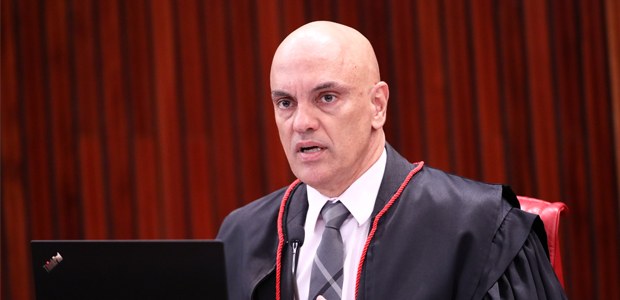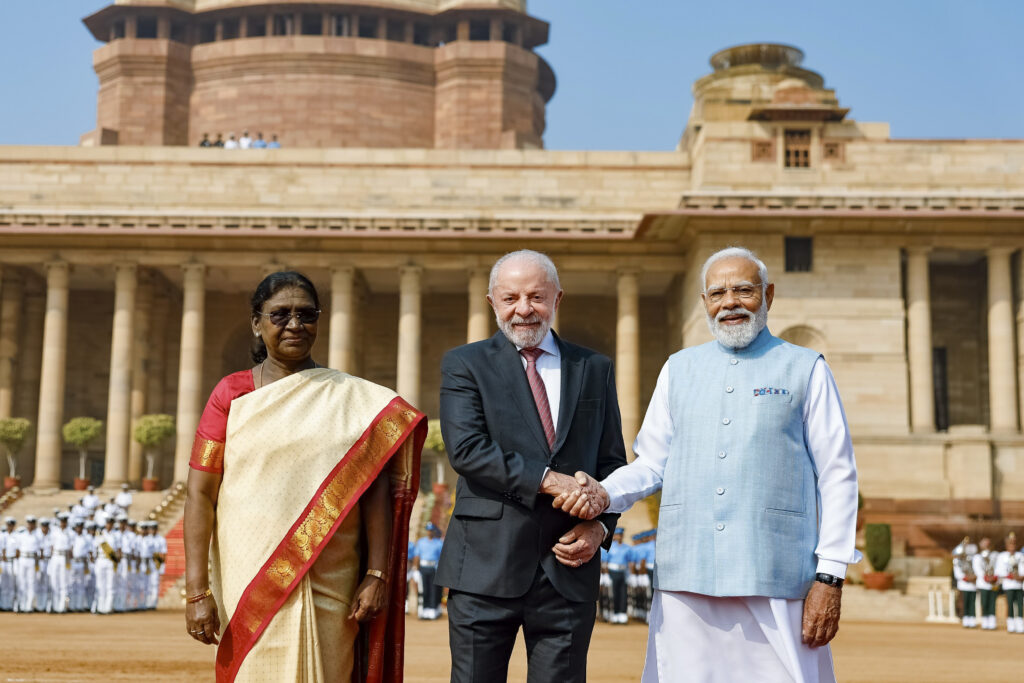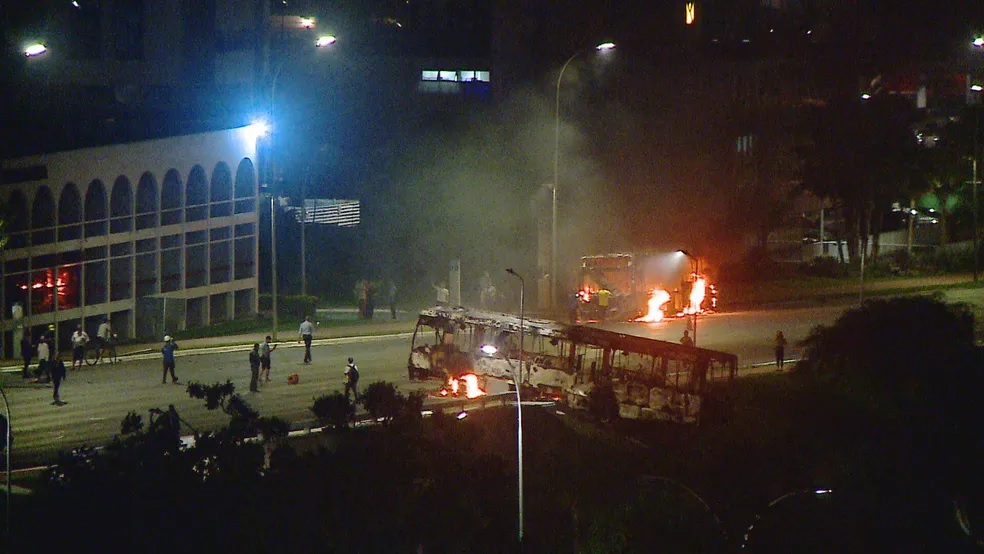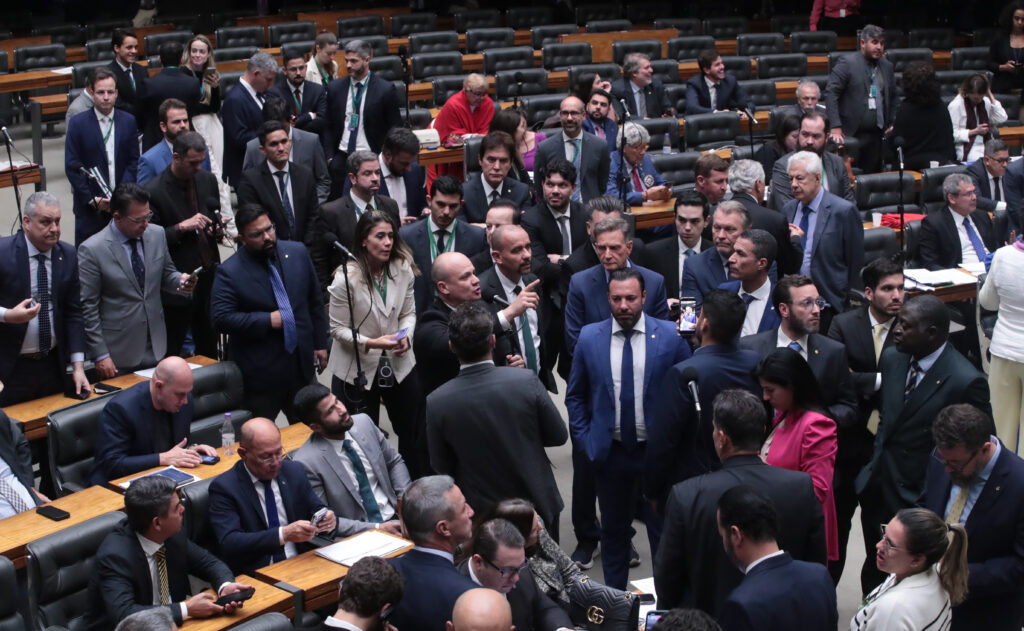São Paulo, Brazil — Supreme Court judge and president of the Superior Electoral Court (TSE), Alexandre de Moraes, was pivotal to guaranteeing a clean, fair and credible election this year in Brazil.
Despite criticisms over overstepping the bounds of censorship, Moraes, given the current climate of rampant misinformation, committed himself to combating fake news, especially on the internet, and was successful in deleting false information from Facebook and Twitter within hours of publication before it spread.
‘Freedom of expression is not freedom of aggression’
Moraes took office as president of the TSE in August, at the beginning of the electoral campaigns, and said in his inaugural speech, that “freedom of expression is not freedom of aggression and the destruction of democracy.”
With that, the judge set the tone for his management of the electoral court, endeavoring to combat fake news and avoid contaminating Brazil’s elections with false information, offensive language and hate speech.
Moraes met numerous times with representatives of seven digital platforms including Meta (which owns Facebook, Whatsapp and Instagram), Twitter and Google, to discuss the fight against fake news. In a meeting on October 16, he expressed concern about the increase in fake news between the first and second rounds of Brazil’s elections, especially in the race between President Jair Bolsonaro and now President-elect Luiz Inácio Lula da Silva.
At the time, Moraes made the controversial decision to edit a resolution to toughen the fight against fake news. Although the initiative was taken by Moraes, the text was approved by all of the other TSE judges and, later, was also validated by the country’s Supreme Court.
According to the rule, the TSE presidency can extend a decision to remove fake news on the internet. Before, each new link with false informations required a specific deletion request. With the new resolution, the court could extend the deletion order to identical content, reposted on other platforms and social media channels.
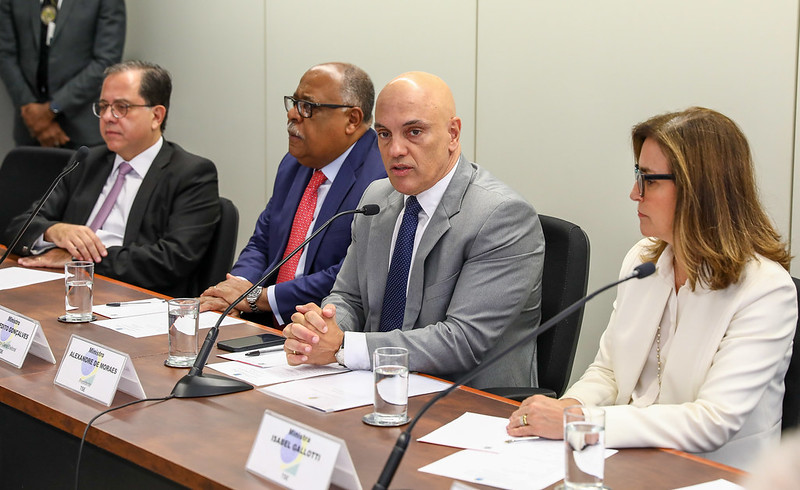
“Verifying that that content was repeated, there will be no need for a new representation or court decision, there will be an extension and immediate withdrawal of this fraudulent news,” said Moraes, explaining that the rule was intended to reduce the time that false information remained on the internet.
The TSE also reduced the amount of time platforms had to remove flagged content from 24 hours to two hours. Moraes justified the rule with data, sharing that the second round of elections recorded a 1,671% increase in the volume of fake news reports made on social media compared to the 2020 elections.
After the election, several institutions came out in defense of the Brazilian electoral process. The Electoral Observation Mission of the Community of Portuguese Speaking Countries (CPLP), for example, confirmed that the Brazilian elections were clean and reliable.
Moraes praised the resolution’s results and said that the new rules were “effective” against fake news. According to the judge, thanks to the rules, the TSE removed 354 prohibited boosts (paid posts on social media that violated election law), deleted five Telegram profiles that reached more than 580,000 people with Nazi and hate speech and removed 701 URLs with hate speech, fake news and voter disinformation.
Profiles were also taken down on social media
During the campaigns, Moraes also took aim at the accounts sharing false or incendiary information. Ordinary citizens as well as politicians had their accounts suspended in the days leading up to the election.
The most prominent figure to be suspended during elections was Nikolas Ferreira, a 26-year-old social-media influencer turned politician who won a seat in Brazil’s Chamber of Deputies (Brazil’s lower house) representing the state of Minas Gerais in 2022.
The right-wing firebrand and outspoken Bolsonaro supporter had his social media accounts suspended after sharing false information about the security and credibility of electronic voting machines, a common refrain from Bolsonaro during his campaign.
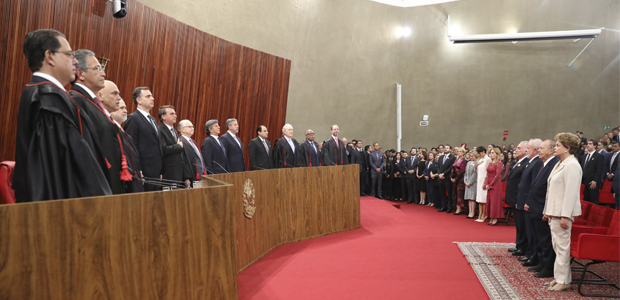
Bolsonaro supporters criticized Moraes and accused him of promoting “censorship” and disrespecting the freedom of speech provided for in the Brazilian Constitution. “An affront to the most basic rights of individual freedoms,” said Senator Luis Carlos Heinze. Senator Lasier Martins called Moraes an “emperor” and said that the judge created an enviroment of “intimidation, threat and fear” in the country.
Drawing intrigue from abroad, The New York Times’ Jack Nicas even profiled Moraes, writing that “Brazil has become a test case in a swelling global debate over how far to go in fighting false and misleading reports.”
For his part, President-elect Lula and his supporters praised Moraes’ firm performance in conducting this year’s election. Lula said that Moraes had “stupendous courage” and that he’s a “man of exemplary behavior.”
“I don’t care if Moraes is conservative or progressive, what matters is that he was very courageous, very dignified, in his honesty and commitment to directing the elections,” said Lula.


